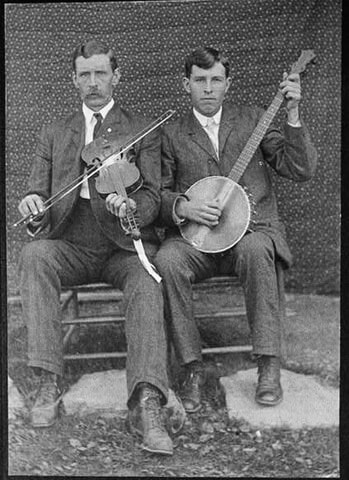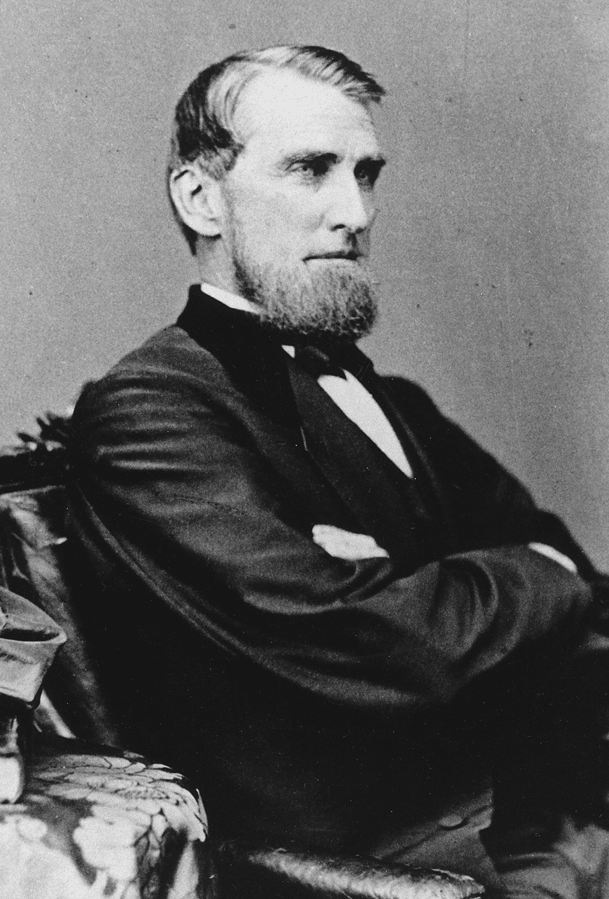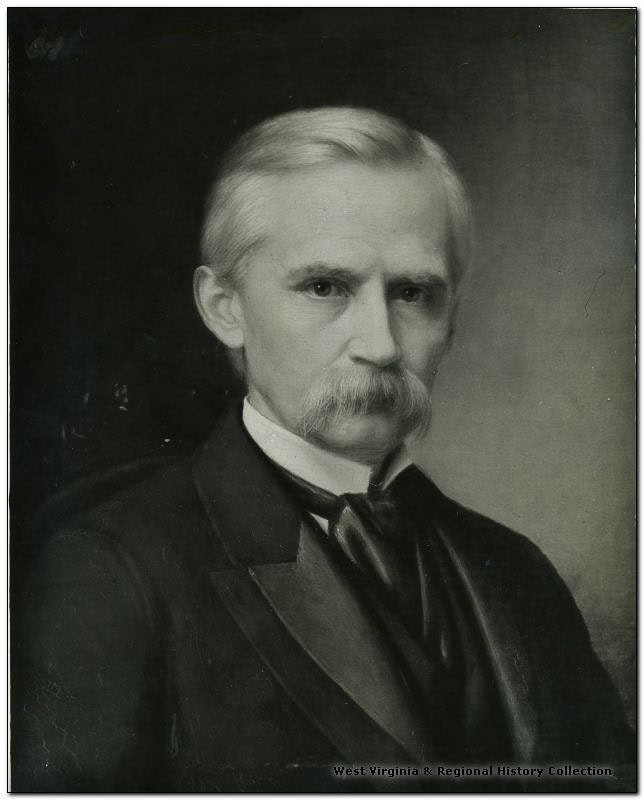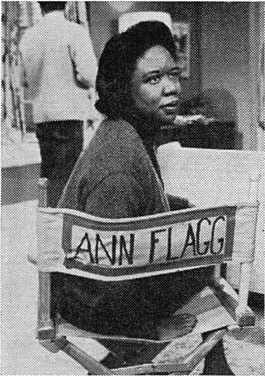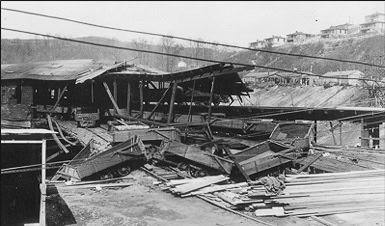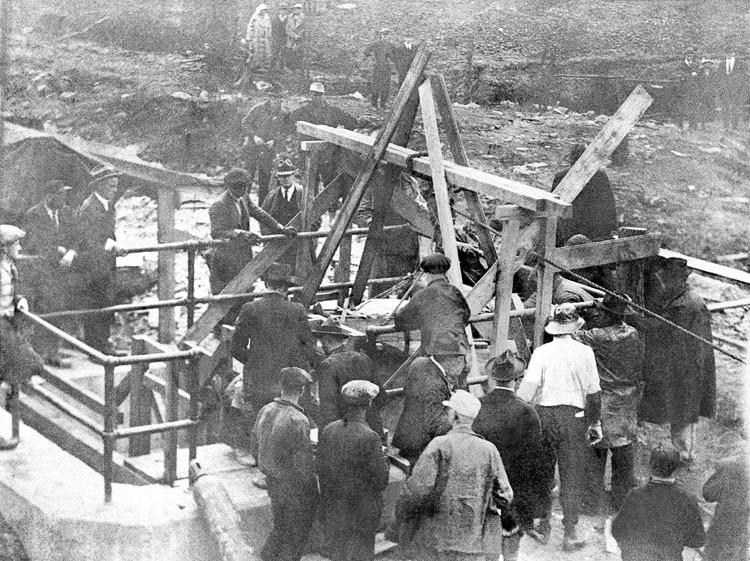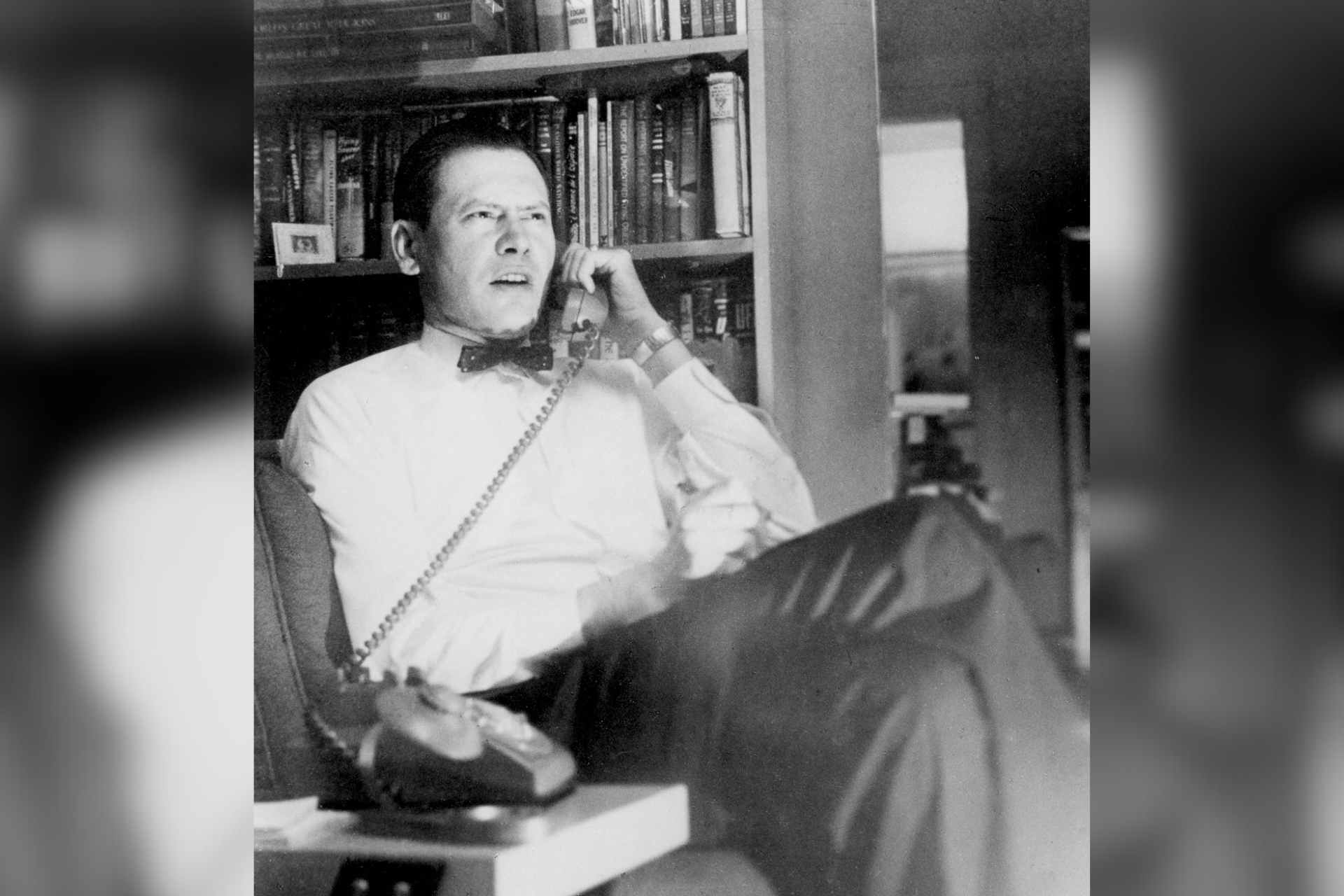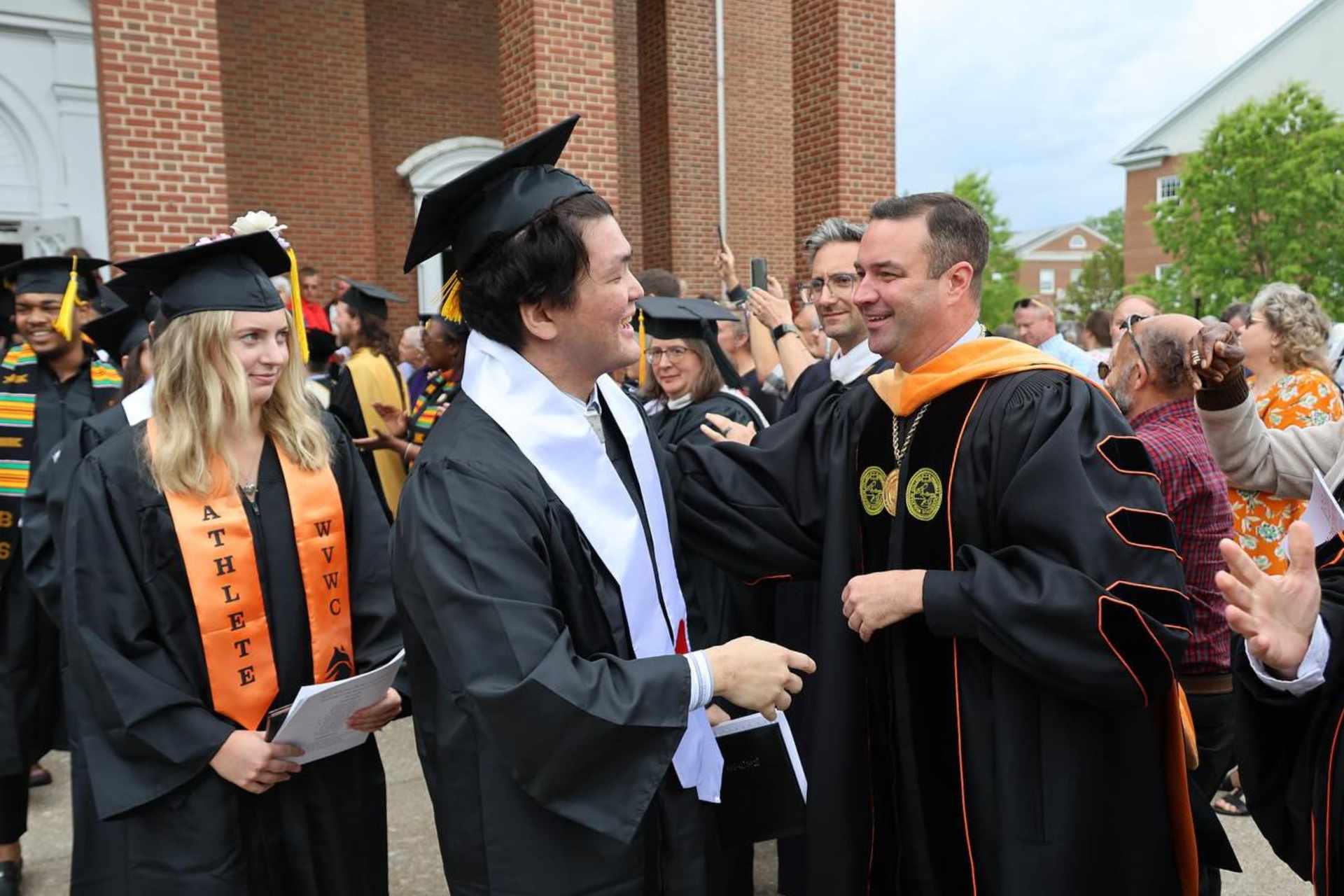Charleston WV – The following events happened on these dates in West Virginia history. To read more, go to e-WV: The West Virginia Encyclopedia at www.wvencyclopedia.org.
April 28, 1884: Musician Henry Reed was born in Peterstown, Monroe County. Reed was a legendary West Virginia fiddler whose repertory contributed to the old-time music revival in the last half of the 20th century.
April 28, 1914: An explosion at the Eccles No. 5 mine in Raleigh County killed 174 men. The mine connected with Eccles No. 6, operating in another coal seam. Nine men in No. 6 died of injuries and of afterdamp, the deadly gas left after a mine explosion.
April 28, 1920: The Monongahela National Forest was created by presidential proclamation. It is the only national forest completely within the boundaries of West Virginia.
April 28, 1924: An explosion ripped through the Benwood coal mine south of Wheeling, killing 119 miners, the state’s third-deadliest mine disaster on record.
April 28, 1948: Watt Powell Park opened in Charleston. About 8,000 people, including Governor Okey L. Patteson, attended the city’s inaugural game in the Class A Central League. After the 2004 season, Watt Powell Park was replaced by what is now known as GoMart Ballpark, and the old park was demolished in 2005.
April 29, 1863: Confederate General William E. “Grumble” Jones waged a battle at Fairmont that involved a force of 500 regulars, home guards and volunteers. The Confederates prevailed, burning the personal library of Francis Pierpont, governor of the Restored Government of Virginia, and exploding an iron railroad bridge across the Monongahela River.
April 29, 1924: Playwright, teacher and actress Ann Kathryn Flagg was born in Charleston. She is best remembered for her play related to school integration, Great Gettin’ up Mornin’, which was broadcast by CBS-TV in 1964.
April 30, 1871: Coach Fielding “Hurry-Up” Yost was born in Marion County. He was a tackle on West Virginia University’s football team in 1895 and 1896, while earning a law degree. In 1901, Yost’s first season as coach at University of Michigan, the Wolverines compiled an 11-0 record, including a 49-0 defeat of Stanford in the first Rose Bowl.
April 30, 1927: An explosion roared through the Federal No. 3 mine owned by New England Fuel and Transportation Company of Everettville, Monongalia County. The explosion, subsequent fire and gas in the mine killed 97 men.
May 1, 1788: Pendleton County was created from Rockingham, Augusta and Hardy counties. The county was named for Virginia statesman Edmund Pendleton (1721-1803).
May 1, 1930: Labor leader and child welfare activist Mother Jones celebrated her birthday in Maryland. Jones, who was 100 years old by her count, appeared before newsreel cameras to condemn the Prohibition Act “as a curse upon the nation” that violated her right to have a beer instead of water.
May 2, 1900: State founder Waitman Willey died in Morgantown. He is remembered for the Willey Amendment, which provided for the gradual emancipation of slaves as a precondition for the creation of West Virginia.
May 2, 1925: Flying saucer investigator Gray Barker was born in Riffle, Braxton County. Barker became interested in unidentified flying objects in the 1950s after investigating sightings of the Flatwoods Monster.
May 3, 1843: U.S. Postmaster General William Lyne Wilson was born in Smithfield, Jefferson County. Wilson joined President Cleveland’s cabinet as postmaster general in 1895. The following year, he introduced Rural Free Delivery in Jefferson County, an experiment which was quickly instituted nationwide.
May 3, 1917: Fire destroyed the West Virginia Preparatory School in Keyser. The school was rebuilt, and it evolved into the institution now known as WVU Potomac State College.
May 3, 1948: The plane of test pilot Howard “Tick” Lilly, a Raleigh County native, crashed on takeoff in California. Lilly was the first of many government test pilots to die in the line of duty. Six weeks earlier, he had become only the fourth person to break the sound barrier.
May 4, 1896: The Children’s Home Society of West Virginia was formed by a group of Charleston ministers. Their goal was to place orphaned and neglected children with caring families rather than crowd them into county poorhouses.
